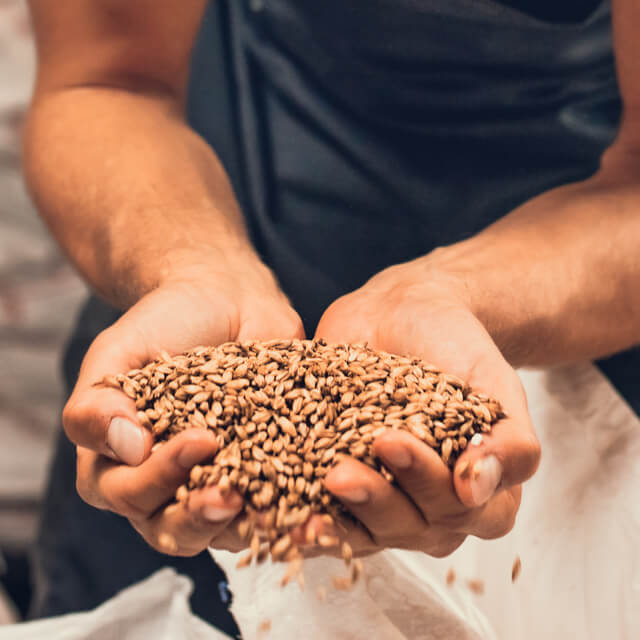
East Coast IPA vs West Coast IPA | What´s the difference?
We have lots of articles on IPA, so we won’t go into the more generic details here but simply put, IPAs are hoppy, flavourful beers with ABVs that are typically higher than your everyday lager. Sounds straightforward. However, this big family of hop-forward beers has many beautiful hoppy kids that might confuse even the most ardent of beer-lovers; so we are here to explain them.
Buckle up and get ready for a hoppy ride!
West Coast IPA
West Coast IPAs are the ones that figuratively punch you in the face, the “bad” boys in the brewing world. The bitter powerhouses. They are proud of it and certainly not afraid to shout about it. West Coast IPAs are known for their piney, hoppy and resinous flavours, they are often more complex than their East Coast counterparts.
With the West Coast IPAs bitterness is at the frontline, taking centre stage. The malty sweet character is present, but it takes a back seat, acting as bitterness' sidekick, its wingman! It seems as though in the last decade, there has been an unofficial contest of who can brew the hoppiest and most bitter IPA in the world!
East Coast IPA
East Coast IPAs have been on the up in the last decade, and their popularity shows no sign of slowing. These beers tend to be juicier, fruitier, smoother and sometimes with a citrusy kick. They strike a harmonious balance between malty sweetness and hoppy bitterness. They don't knock you out, they start off sweet and leave a little hoppy kiss.
New England IPAs (NEIPAs) are often included in this battle as they are the most popular variety - hazy, floral and packed with fruity notes! The aforementioned East Coast "style" has acted as a stepping stone to the NEIPA and played a huge part its rise in popularity. These guys are the real juice bombs, the hazy tropical fruit cocktails!
How are East Coast and West Coast IPAs brewed?
So, differences between the two can be traced to the geographical origins of each style but largely it boils down to the brewing process. Both the styles are top-fermented and therefore brewed in a higher temperature than a bottom-fermented beer, like many lagers.
We mentioned that West Coast examples are the hoppy bitter legends, but that’s not to say East Coast IPAs can’t be hoppy. In fact, both use a healthy amount of hops, creating the renowned bitterness the style is famed for. What differs is when and how the hops are used during the process. With a West Coast IPA a large amount of hops are added during the kettle boil.
Here, the heat draws out the hops’ bitterness, a bit like when you brew tea. The East Coast ones, however, use a process called “dry hopping”, this is where the hops are added during fermentation or if they are added in the second fermentation it is called “double dry hopping”.
The lower temperature of fermenting beer is what creates the distinctive flavour. What this does is bring the floral, citrus and tropical fruit tones to the forefront and tempers the bitterness. This is more similar to the English style IPAs.
